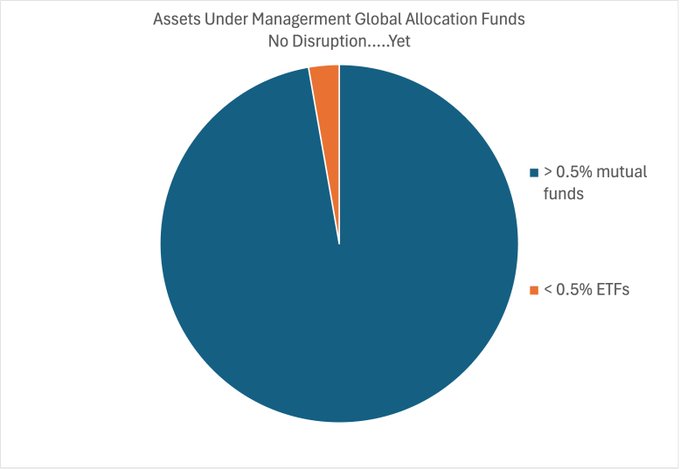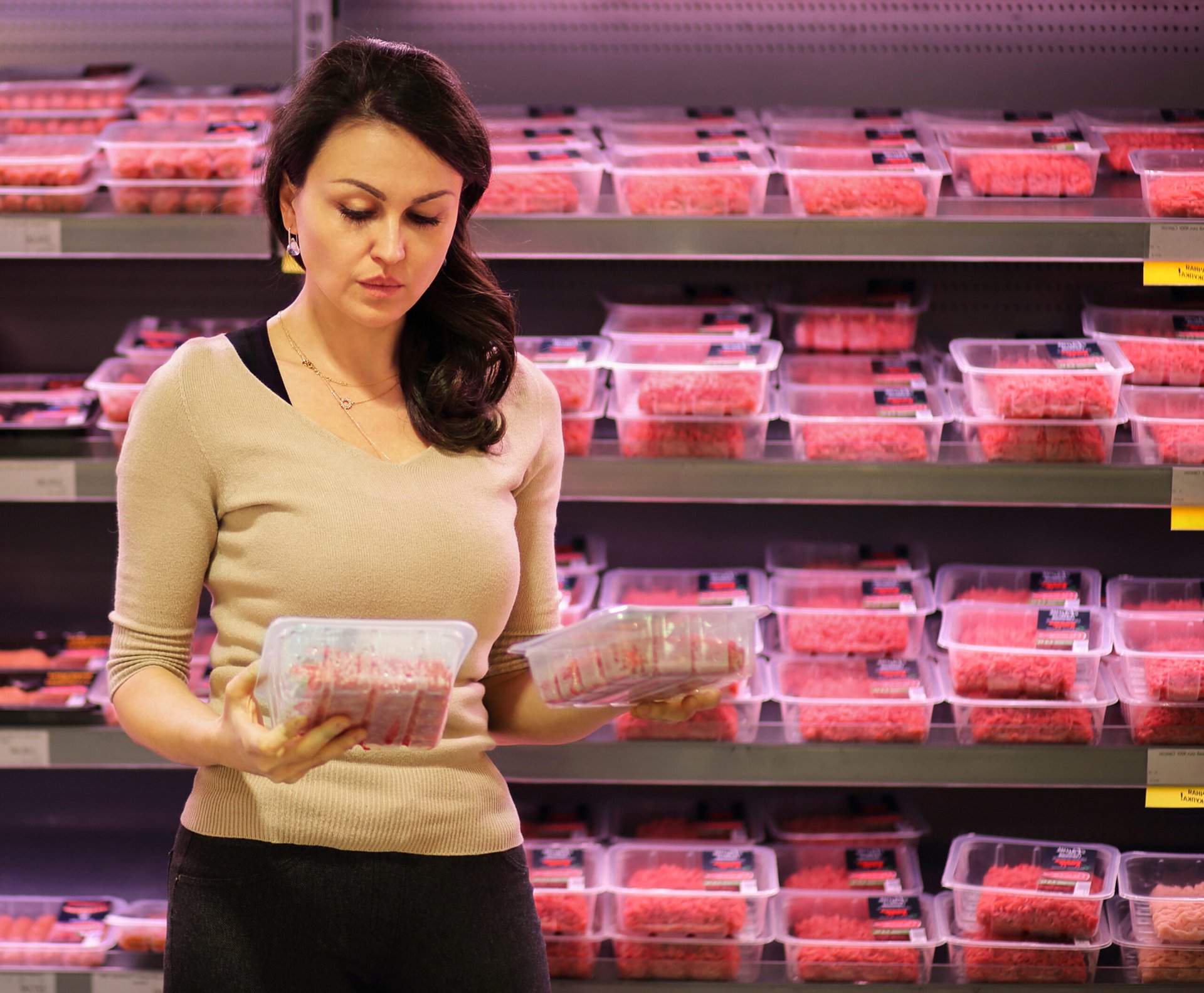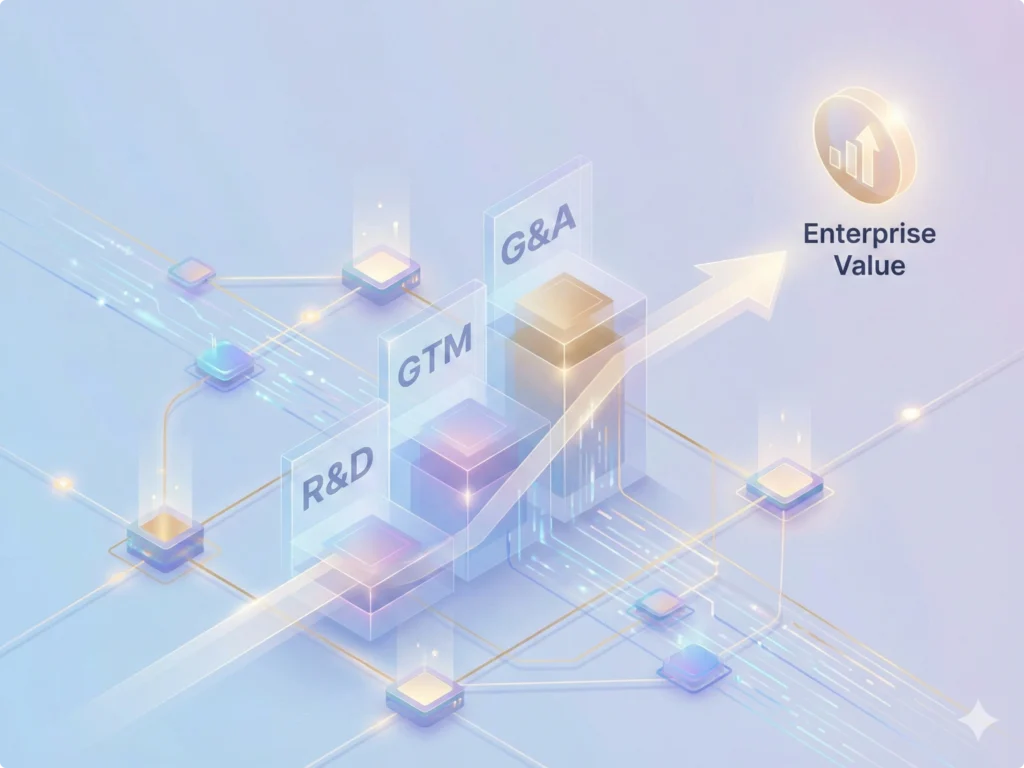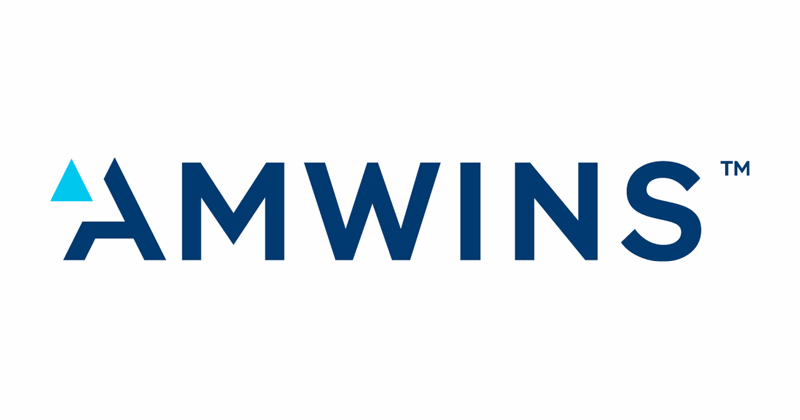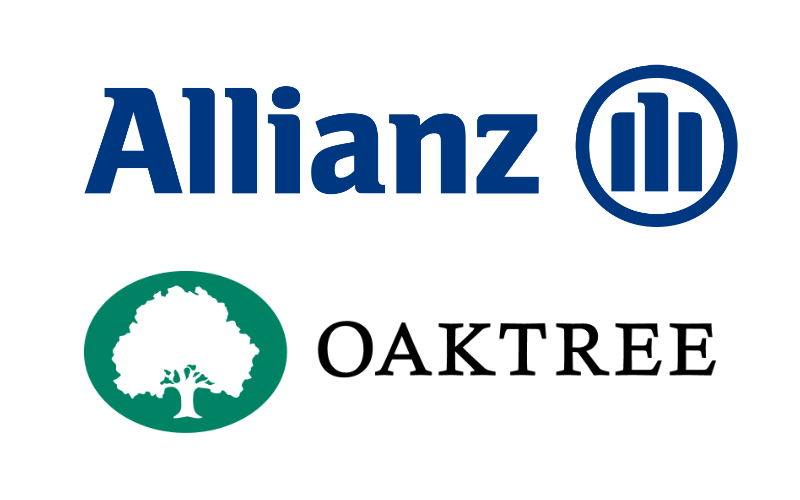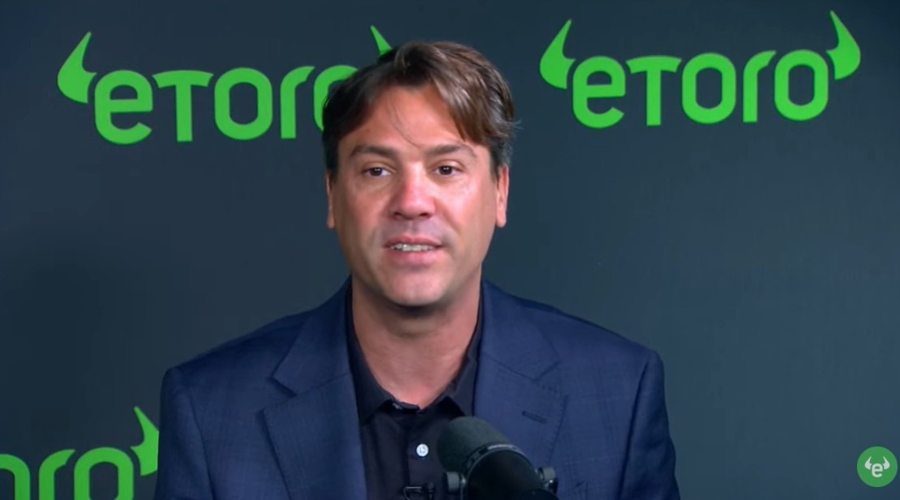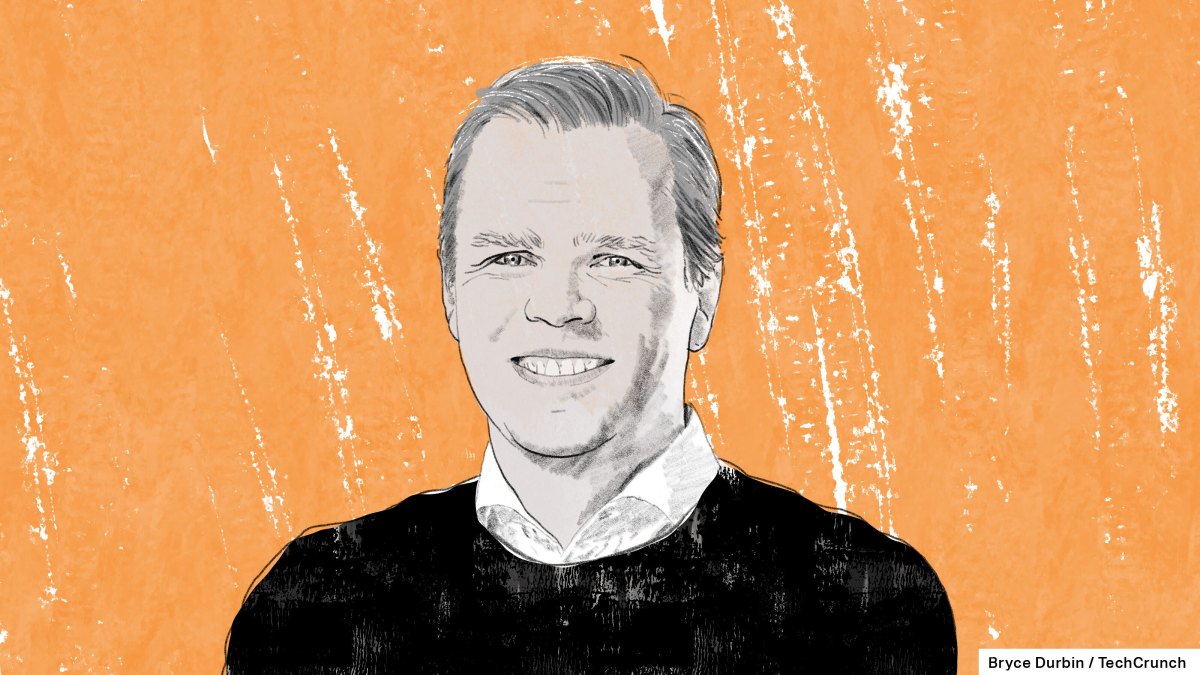Swedish startup Einride was founded in 2016 with a mission to electrify freight transport. Today, that means designing electric trucks and an underlying operating system to help overland shippers make the transition to electric. In the future, it will mean deploying electric autonomous freight — more specifically, Einride’s autonomous pods, which are purpose-built for self-driving and can’t accommodate human drivers.
Einride founder and CEO Robert Falck told TechCrunch a year ago that he felt a moral obligation to create a greener mode of freight transport after spending years building heavy-duty diesel trucks at Volvo GTO Powertrain. On top of that, he saw the need to eventually automate the role of long-haul trucking.
Falck, a serial entrepreneur, decided against the route many autonomous trucking companies have taken — doggedly pursuing self-driving technology, even if it meant putting sensors and software stacks on diesel vehicles. Rather, Falck chose a two-step process to bring Einride to market. The first involves working with OEM partners to build electric trucks and partnering with shippers to deploy them and earn revenue. That revenue then goes back into the business for the second step, which is the development of an autonomous system. By the time Einride is ready to go to market with its autonomous pods, it will ideally already have a range of commercial shipping partners in its pipeline.
Einride’s current shipping clients across Sweden and the U.S. include Oatly, Bridgestone, Maersk and Beyond Meat. The company said it clears close to 20,000 shipments per day.
Over the past few months, Einride has completed a public road pilot of its electric, autonomous pod in Tennessee with GE Appliances, launched its electric trucks in Germany in partnership with home appliance giant Electrolux, announced plans to build a network of freight charging stations in Sweden and Los Angeles, and introduced its second-generation autonomous pod.
We sat down with Falck a year after our initial interview with him to talk about the challenges of reaching autonomy when connectivity on the roads is lacking, why the Big Tech crashes are actually healthy for the industry and what consolidation looks like for autonomous driving.
The following interview, part of an ongoing series with founders who are building transportation companies, has been edited for length and clarity.








